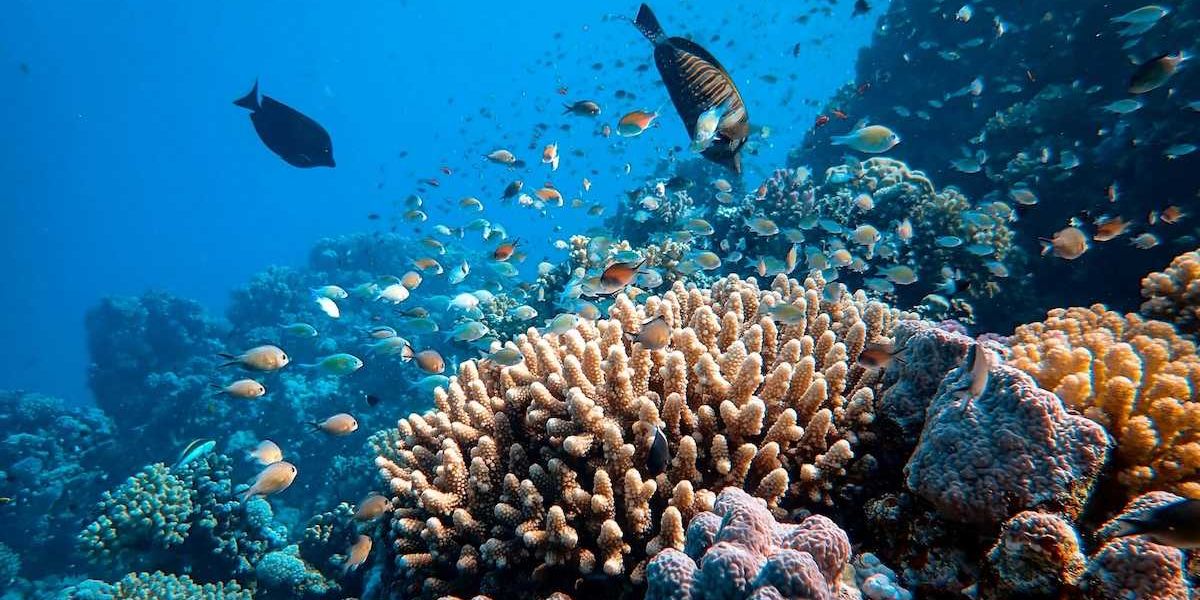How a firestorm in LA sparked a coast-to-coast science mission to track toxic exposure
In the wake of LA’s devastating wildfires, scientists from across the country launched a sweeping real-time health study to track lingering toxic pollutants in homes that never burned.
Nina Dietz reports for Inside Climate News.
In short:
- A cross-university team formed the LA Fire Health Study Consortium to study long-term toxic exposure — like PFAS, microplastics, volatile organic compounds (VOCs), and heavy metals — in areas downwind of the January wildfires.
- While the U.S. Army Corps of Engineers declined to test soil, researchers filled the gap by collecting air, water, and soil samples from 50 unburned homes, some of which still showed dangerous levels of contaminants.
- Preliminary data revealed indoor air pollution and VOCs remained elevated weeks after fires, prompting public health recommendations for filtration and long-term monitoring.
Key quote:
“People deserve to know what they are being exposed to, and I have the tools to help them find out.”
— Emma Landskroner, Ph.D. candidate at UCLA Fielding School of Public Health
Why this matters:
Toxic exposure doesn’t end when the flames go out; families returning to seemingly undamaged homes may still face serious health risks. Wildfire smoke creeps into bedrooms, clings to toys and personal effects, and enters our lungs. With the Army Corps of Engineers stepping back from soil testing, it’s scientists, not officials, doing the work to understand what people are breathing in and what long-term exposure could mean for our health.













